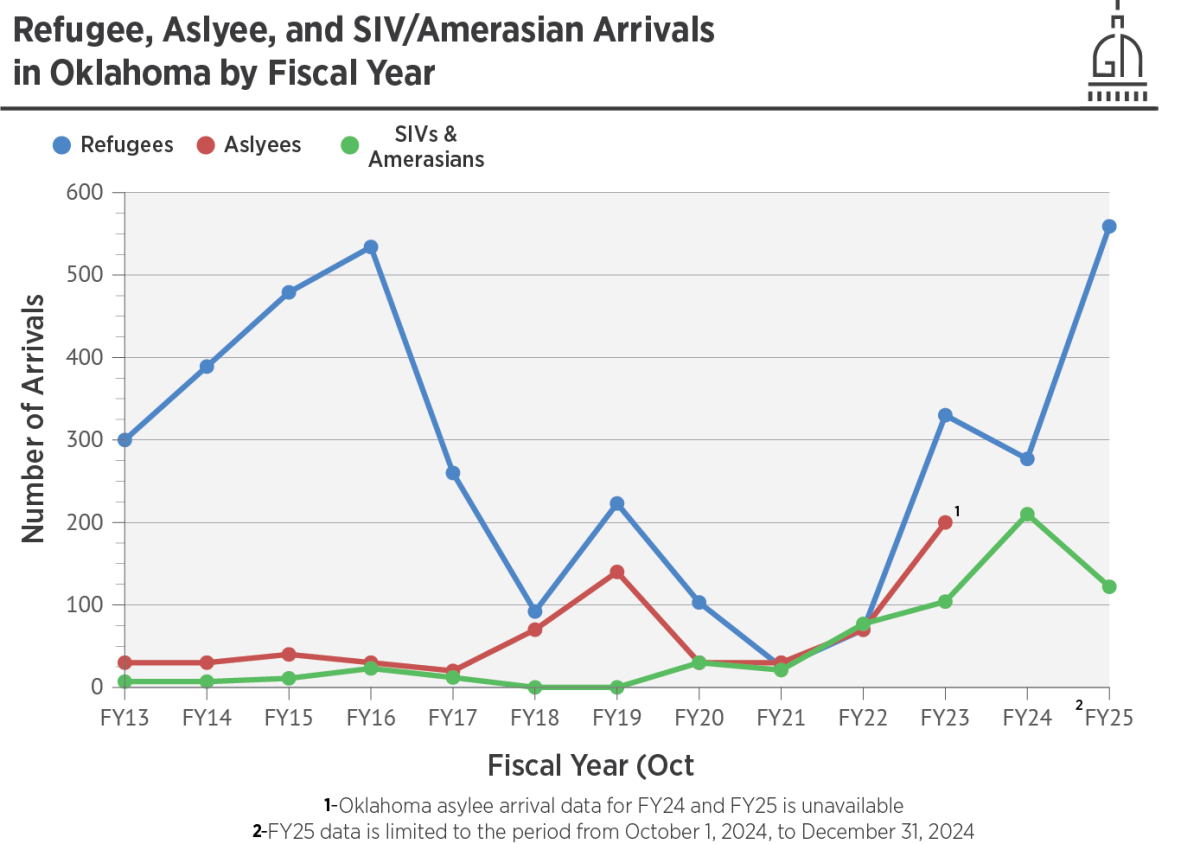WASHINGTON- A 6-3 decision, the Supreme Court’s ruled that death row inmate Ruben Gutierrez has the right to sue Texas over denial of DNA testing could have implications for Oklahoma.
The state’s own law contains similar language restricting DNA testing to cases where evidence could affect the outcome of the conviction, potentially opening the door for challenges to Oklahoma’s procedures.
Texas Code of Criminal Procedure Chapter 64 states that DNA testing would be allowed if the “convicted person establishes by a preponderance of the evidence that the person would not have been convicted if exculpatory results had been obtained through DNA testing.”
Using this statute, Gutierrez first appealed to the trial court and then to the Texas Court of Criminal Appeals, both of which denied his request. They ruled that even if the DNA evidence was not found at the crime scene, it would not establish his innocence because he was still involved in the robbery.
After a subsequent appeal was denied in 2019, Gutierrez filed a lawsuit against Cameron County District Attorney Luis V. Saenz challenging the constitutionality of Texas’s post-conviction DNA testing procedures. Gutierrez argued that Chapter 64 improperly restricted rights granted under another Texas statute which outlines the procedures for applying for a writ of habeas corpus to seek relief from a death penalty judgment.
The U.S. Supreme Court ruled Thursday that Texas’s Article 64 violates the Due Process Clause of the Fourteenth Amendment, finding that it imposes an unconstitutionally high burden on individuals, particularly those on death row, seeking to challenge their convictions through DNA testing.
A federal district court had previously reached the same conclusion, holding that the interaction between Article 64 and Texas’s habeas procedures rendered the right to file a successive habeas petition based on innocence of the death penalty, thereby violating procedural due process. However, the U.S. Court of Appeals for the Fifth Circuit disagreed, concluding that Gutierrez lacked standing and vacating the district court’s judgment.
While Oklahoma’s Post-Conviction DNA Testing statute is not identical to Texas’s, it is applied in a similar manner. Under the statute, courts shall order DNA testing if they find a “reasonable probability that the petitioner would not have been convicted if favorable results had been obtained through DNA testing at the time of the original prosecution.”
The Supreme Court’s ruling could have a significant impact on pending Oklahoma cases involving similar DNA testing issues. The decision may make it easier for incarcerated individuals, particularly those serving long sentences or convicted of violent crimes, to sue the state’s denial of post-conviction DNA testing.
Hancock v. Behenna serves as a key example of DNA testing being denied under Oklahoma’s post-conviction statute.
In her opinion, Justice Sotomayor explained that this ruling builds on the Court’s decision in Reed v. Goertz, where they held that if a federal court finds Texas’s post-conviction DNA testing procedures violate due process, the court’s order would remedy the injury by preventing the state prosecutor from relying on Article 64 to deny DNA testing.
“This attempt to distinguish Reed is wrong twice over. First, both respondents and the Fifth Circuit gloss over the substance of Gutierrez’s complaint, which is the proper focus of the standing inquiry here,” Sotomayor said. “At bottom, Gutierrez asserts that, to the extent Texas law precludes him from obtaining the requested evidence, it violates his rights under the Due Process Clause.”
In his statement, Justice Alito argued that the Supreme Court should not address this issue because it does not fall within the scope of the Constitution.
“The Constitution does not require any State to establish procedures for state prisoners to challenge the validity of their convictions after trial,” said Alito. “Yet, Gutierrez’s suit rests on the premise that the Fourteenth Amendment’s Due Process Clause gives him a “liberty interest” in Texas’s voluntarily created procedures. That premise cannot be squared with any principled reading of the Due Process Clause.”
The Guiteriez case is similar to an Oklahoma County case in which Phillip Dean Hancock was convicted by a jury in Oklahoma County in 2004 of two counts of first-degree murder. He appealed his conviction and sentence to the Oklahoma Court of Criminal Appeals (OCCA), which affirmed the decision. The U.S. Supreme Court denied his petition to hear his case.
Hancock later filed a habeas corpus petition in federal court, challenging the constitutionality of his conviction and sentence. The Tenth Circuit Court of Appeals denied relief, and the Supreme Court again declined review.
In 2021, Hancock filed a motion in state court seeking forensic DNA testing that he claimed would prove his innocence. The trial court initially denied the request without a hearing. On remand from the Oklahoma Criminal Court Appeals, the court held a hearing but ultimately denied the motion again.
Hancock then challenged the constitutionality of Oklahoma’s Post-Conviction DNA Act, arguing that while there is no federal constitutional right to post-conviction DNA testing, Oklahoma has created such a right by statute. As a result, the state must provide procedures that are adequate to protect that right under procedural due process. However, federal courts reviewing Oklahoma’s statute found no violation of “any recognized principle of fundamental fairness.”
Ultimately, the Supreme Court concluded that Hancock lacked standing to pursue his claim and there was no reasonable probability that Hancock would have been acquitted. Hancock was executed on November 30, 2023.
Gaylord News is a reporting project of the University of Oklahoma Gaylord College of Journalism and Mass Communication. For more stories by Gaylord News go to GaylordNews.net.








